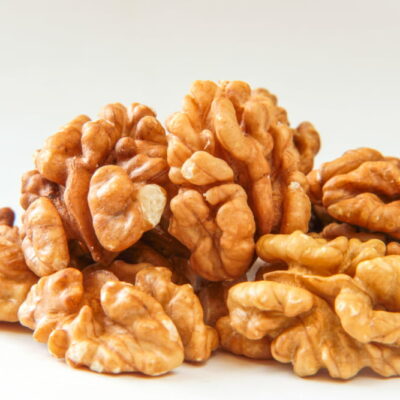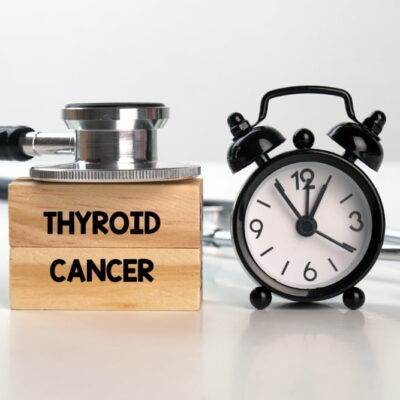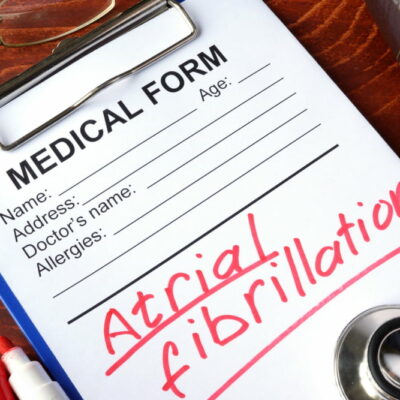
Top Causes and Risk Factors of Anemia
One can develop anemia when one lacks an adequate number of red blood cells (RBCs). RBCs are responsible for carrying oxygen throughout the body, which fuels the cells and provides energy. Consequently, an absence of RBCs leads to an energy deficit in the body. While some can have mild or short-term anemia, others last a lifetime. Hence, it is crucial to understand the causes of anemia and risk factors that aggravate one’s susceptibility to it. Causes Anemia occurs when the blood does not have adequate RBCs or hemoglobin. Broadly, it may happen because: The body does not make substantial RBCs or hemoglobin. The body attacks the RBCs and the hemoglobin present in them. One undergoes excessive bleeding that leads to a loss of hemoglobin or RBCs faster than the body can replace them. Typically, different anemia types have varying causes. These are as follows: 1. Iron-deficiency anemia Low iron levels are the most prevalent reason for anemia. Usually, pregnant women may develop it if they do not take iron supplements. Further, excessive blood loss from menstrual bleeding and pain relievers like aspirin, cancer, or ulcers can also be responsible for it. 2. Vitamin-deficiency anemia The body requires vitamin B-12 and folate to produce healthy RBCs.
Learn More 

























